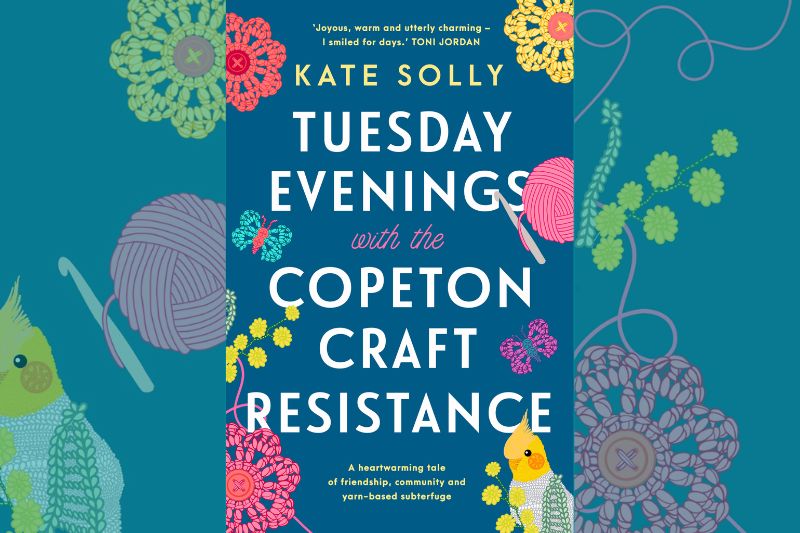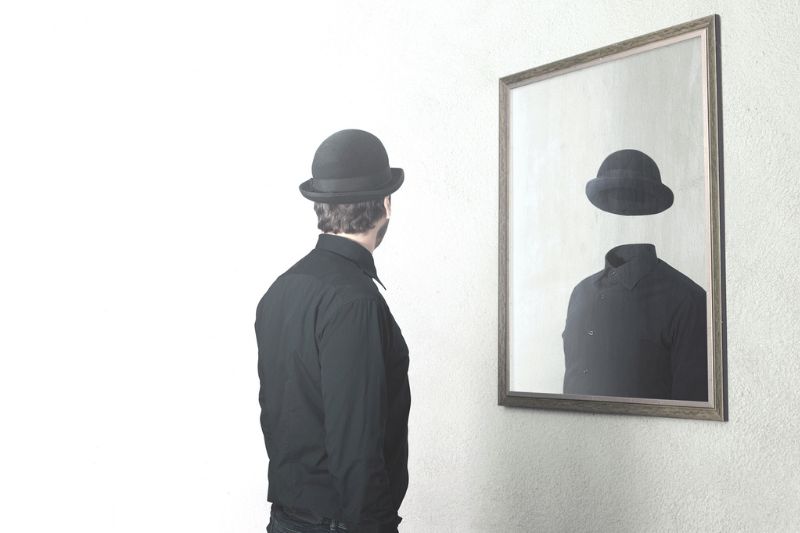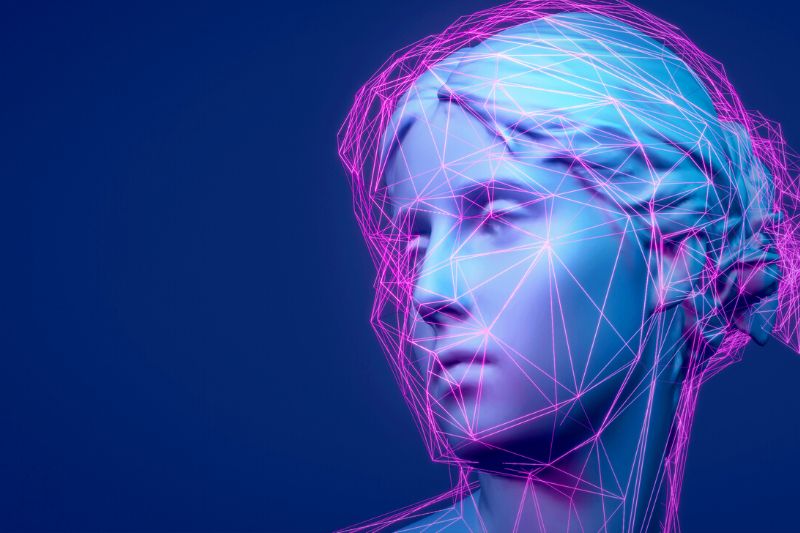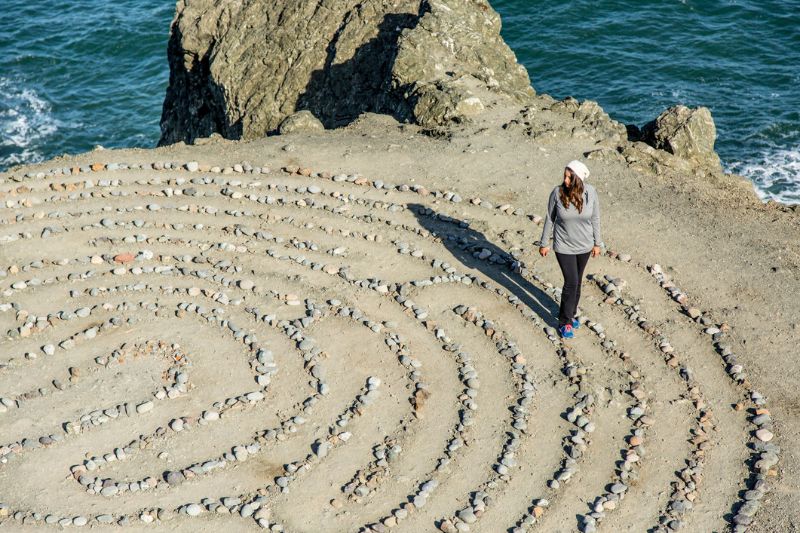Section: Arts And Culture
There are more than 200 results, only the first 200 are displayed here.
-

ARTS AND CULTURE
- Michael McGirr
- 09 February 2023
6 Comments
At the root of questions around ChatGPT are issues of authenticity and creativity. It has the capacity to call the bluff on a society which is increasingly inclined to trade pre-digested ‘messaging’ and call it a conversation. Outsourcing self-expression to a computer forces you to ask yourself what makes a human being. Where does the machine end and where do I begin?
READ MORE
-

ARTS AND CULTURE
- Andrew Hamilton
- 09 February 2023
3 Comments
The plot of Kate Solly’s very enjoyable first novel, Tuesday Evenings with the Copeton Craft Resistance turns on the conflict between good and evil, represented respectively by the generous desire to turn Catholic property over to refugees and the vicious desire to prevent the project by portraying refugees as Muslims and Muslims as sinister and alien.
READ MORE
-

ARTS AND CULTURE
- Kate Moriarty
- 07 February 2023
2 Comments
Do you get imposter thoughts? Do you have an inner critic who has nasty things to say whenever you set out to create? You're not alone. If you are looking for a fun activity that will bring you into constant confrontation with your inner critic, write a novel. I did, and here’s what I learnt along the way.
READ MORE
-

ARTS AND CULTURE
- Paul Mitchell
- 03 February 2023
6 Comments
Through exploring the work of nine Catholic American authors — with special focus on Flannery O’Connor, Toni Morrison, Cormac McCarthy and Don DeLillo — Longing for an Absent God boldly attempts to discover what it is about faith and the desire for transcendence that exerts such influence over the popular imagination.
READ MORE 
-

ARTS AND CULTURE
- Simon Smart
- 01 February 2023
5 Comments
With the launch of ChatGPT, my initial amazement quickly gave way to unease and a sense that something essential could be about to be lost. We will need help to navigate such complexity and considering what is essential to our human nature would be an important place to start.
READ MORE
-

ARTS AND CULTURE
- Arnold Zable
- 01 February 2023
1 Comment
Peter’s playful, profound love of life ranged from the earth to the skies, and from the oceans to the great mysteries of the universe. It was a love that was grounded in family and community rituals.
READ MORE
-

ARTS AND CULTURE
- John Kelly
- 24 January 2023
2 Comments
Days shorten, time contracts, as school agendas / rise in gathering waves, break, surge, and cram / into the mind, intruding on the leisure / of swims, beach strolls, and jetty fishing, / and my marvelling at the blithe ease / of the local seabirds at their play / with wind drifts in a cloudless azure sky.
READ MORE
-

ARTS AND CULTURE
- Gillian Bouras
- 18 January 2023
7 Comments
The ‘no religion’ question is complicated and interesting and connected with social change. We live in a much more complex world than previously. Even in my own childhood, it was accepted as a fact that most people were believers of varying degrees of conviction and form. Agnosticism and atheism were not matters for discussion.
READ MORE